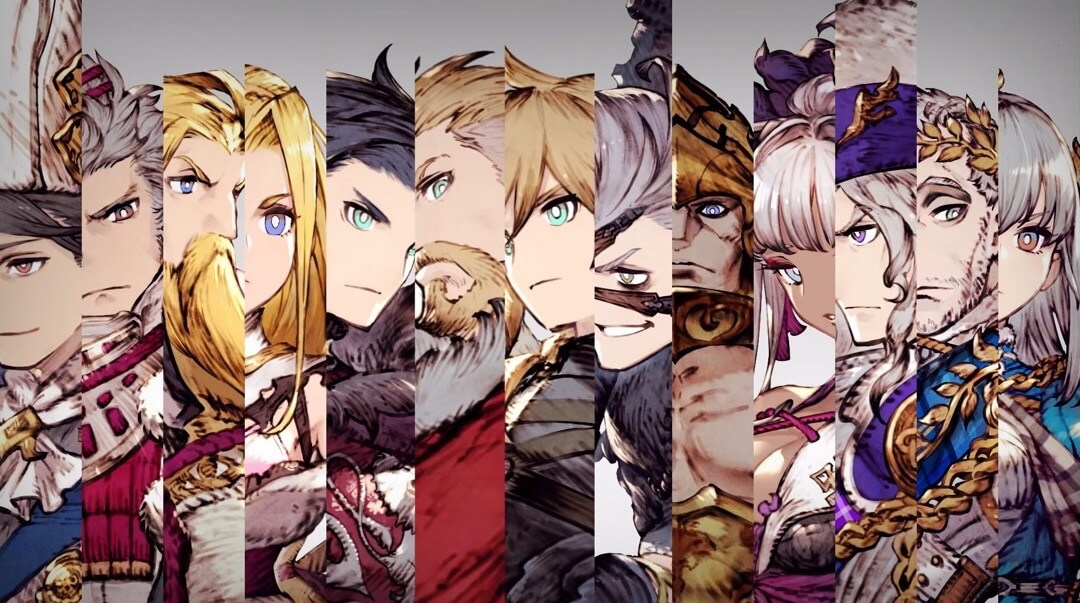Apple must stop blocking App Store developers from steering their users to third-party payment options, a federal judge ruled Friday, issuing a permanent injunction in the Epic Games v. Apple lawsuit.
The injunction is a significant victory for Fortnite maker Epic Games and other developers who have found the App Store’s terms — including the 30% cut of sales that Apple takes — onerous and unmerited. But Apple also claimed victory, in that it prevailed on all other counts, including against Epic’s allegation that Apple’s policies around in-app purchases constituted an illegal monopoly in the payment market for mobile games.
Under the injunction, issued Friday by Judge Yvonne Gonzalez Rogers of the U.S. District Court for the Northern District of California, Apple cannot prohibit developers “from including in their apps and their metadata buttons, external links or other calls to action that direct customers to purchasing mechanisms.” The order is set to take effect in 90 days.
In her much larger finding-of-fact ruling concluding the Epic v. Apple trial, Gonzalez Rogers found that Apple is not “an antitrust monopolist in the submarket for mobile gaming transactions,” and that Epic Games “overreached” in arguing that it was. “However, [the court] does find that Apple’s conduct in enforcing anti-steering restrictions is anticompetitive,” Rogers said, pointing to the injunction she issued as the appropriate “remedy to eliminate those provisions.”
“This measured remedy will increase competition, increase transparency, increase consumer choice and information while preserving Apple’s iOS ecosystem, which has procompetitive justifications,” Rogers wrote.
Although both companies must pay their own legal costs, the ruling directs Epic to compensate Apple for the App Store cut that the Fortnite maker avoided paying for months.
Epic must pay Apple a percentage of the Fortnite revenue it collected under the scheme that kicked off the lawsuit a little more than a year ago. On Aug. 13, 2020, Fortnite’s iOS version offered players the means of buying in-app currency at a 20% discount by circumventing the App Store’s payment system. Apple promptly kicked Fortnite out of the App Store for violating the platform’s policies, precipitating the lawsuit.
For willfully breaching the App Store contract, Epic owes Apple 30% of the more than $12.1 million it collected from V-Buck sales between August and October of 2020, and 30% of the unspecified revenue it made from its Epic Direct Payment scheme from November to the present day, Gonzalez Rogers ruled.
In August 2020, Epic Games deliberately flouted Apple’s rules (even offering the purchases at a discount), apparently to trigger the legal action brought the day after Apple kicked Fortnite out of the App Store. Epic also sued Google with similar claims of antitrust violations when Fortnite was taken off the Google Play Store. (Apple’s countersuit against Epic alleged that the company purposefully breached its contract.)
Polygon has reached out to Epic Games for comment. When the company brought the suit last summer, it did so with a messaging campaign that parodied Apple’s view of itself and said Epic was fighting for fair marketplace competition on behalf of “hundreds of millions of consumers and tens of thousands, if not more, of third-party app developers.”
Epic Games founder Tim Sweeney said Friday on Twitter, “Today’s ruling isn’t a win for developers or for consumers. Epic is fighting for fair competition among in-app payment methods and app stores for a billion consumers.”
Fortnite will return to the iOS App Store when and where Epic can offer in-app payment in fair competition with Apple in-app payment, passing along the savings to consumers.
— Tim Sweeney (@TimSweeneyEpic) September 10, 2021
In a statement to The Verge, Apple called the ruling a victory in that Rogers “affirmed what we’ve known all along: the App Store is not in violation of antitrust law.
“Apple faces rigorous competition in every segment in which we do business, and we believe customers and developers choose us because our products and services are the best in the world,” the company said. “We remain committed to ensuring the App Store is a safe and trusted marketplace.”
Friday’s injunction comes two weeks after Apple announced the settlement, pending approval, of a separate class-action lawsuit brought by app developers. In that agreement, the company will allow iOS developers to contact their customers using information collected by their apps, and tell them about payment options other than the App Store. Apple will also pay $100 million to the plaintiffs, a group comprising small developers who had accounts with Apple between 2015 and 2021.
Update: This story has been revised with new information from the court’s expanded finding of fact and ruling in Epic Games v. Apple.
Source: Polygon





















